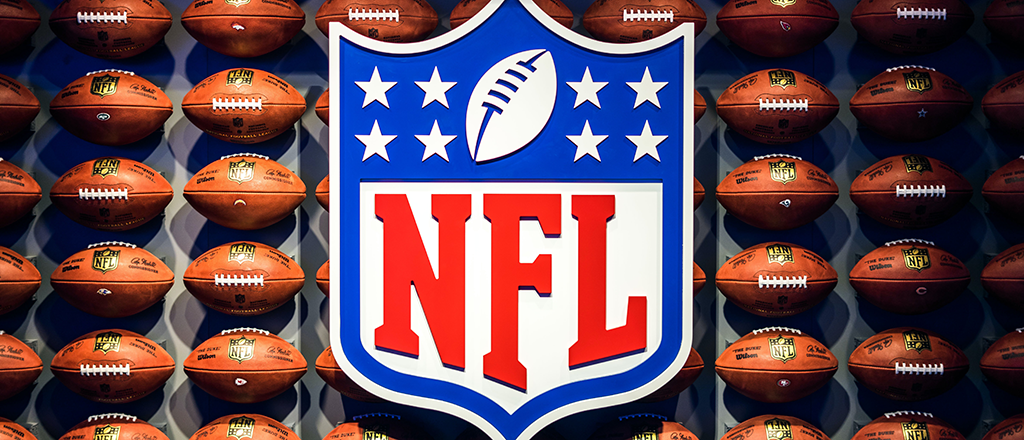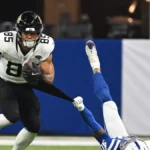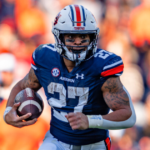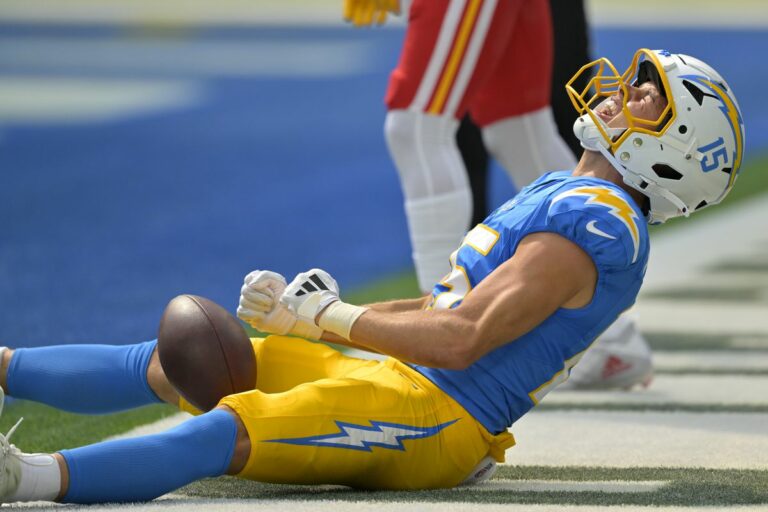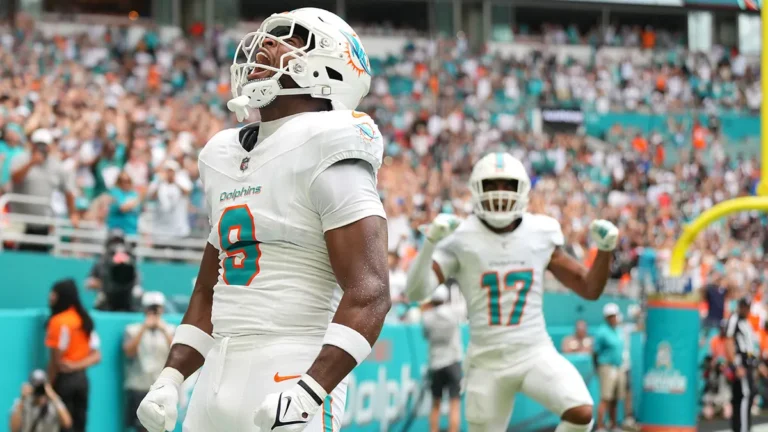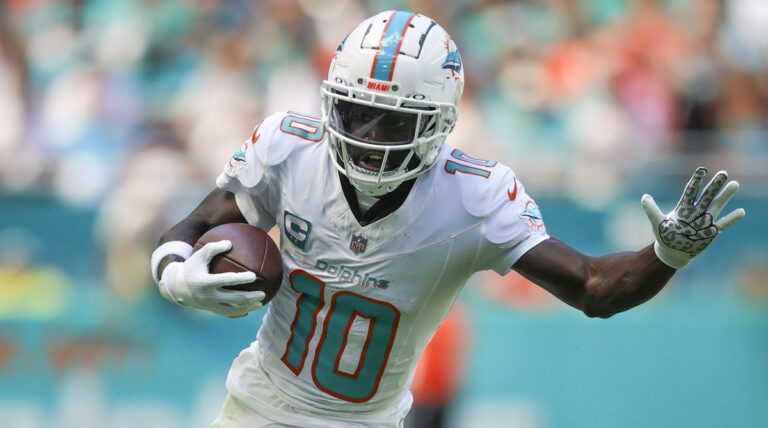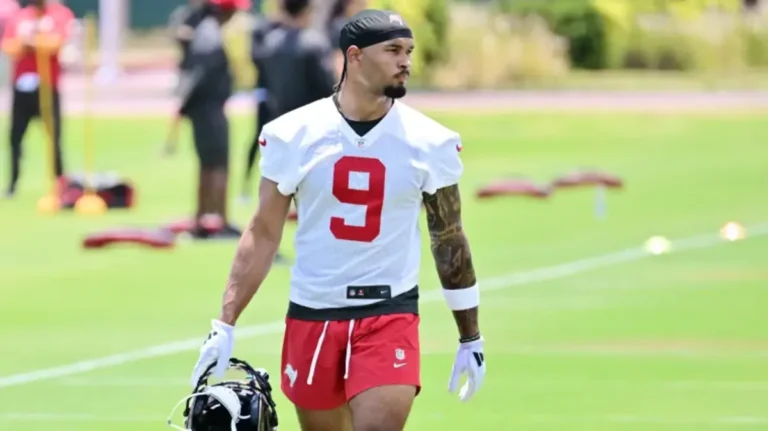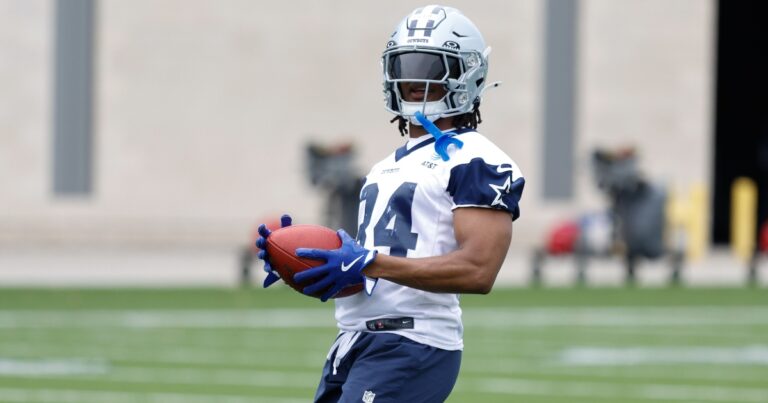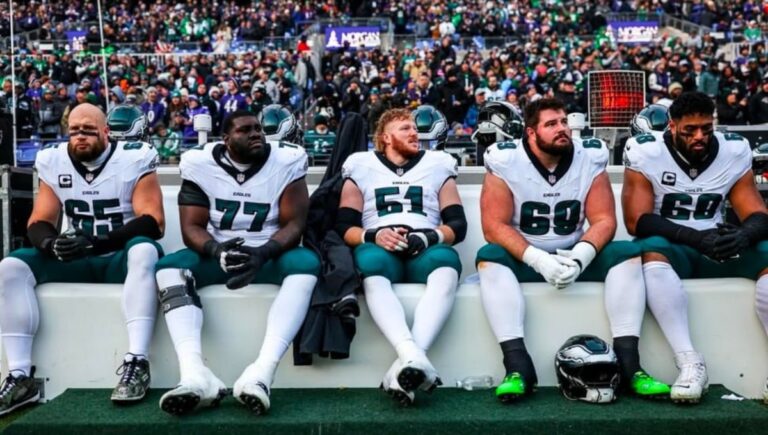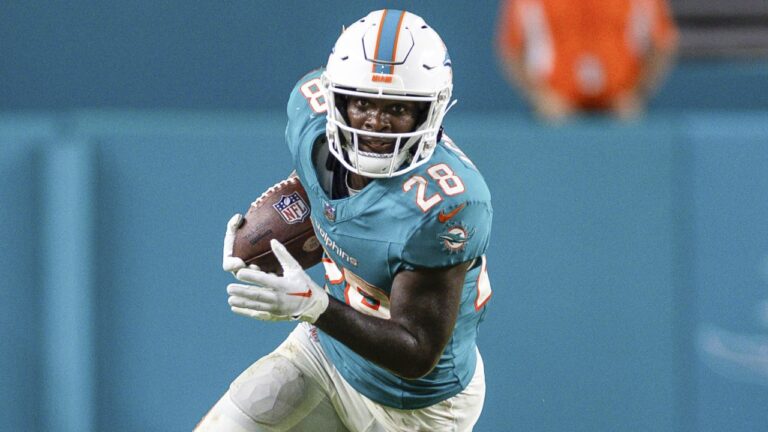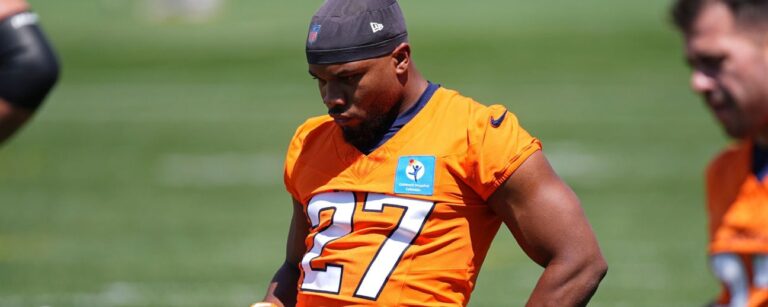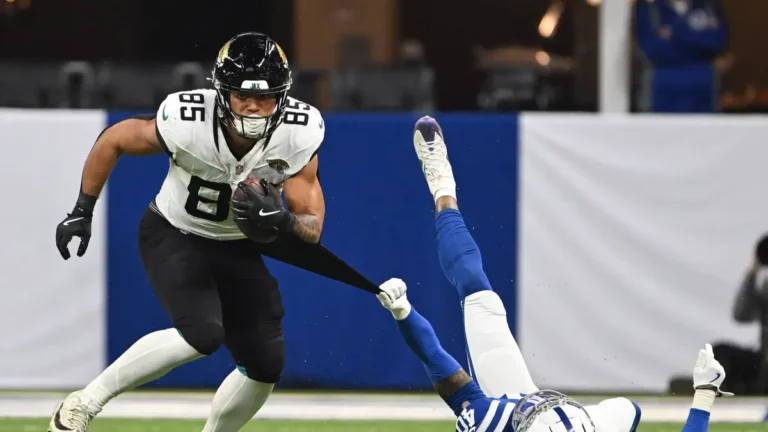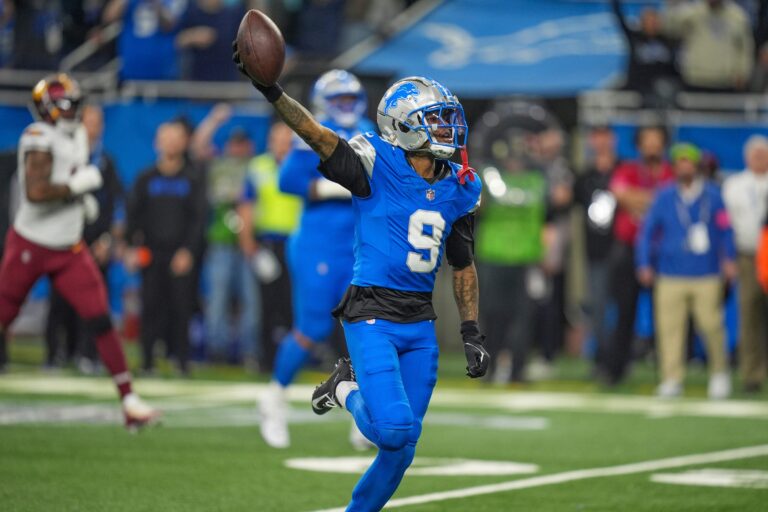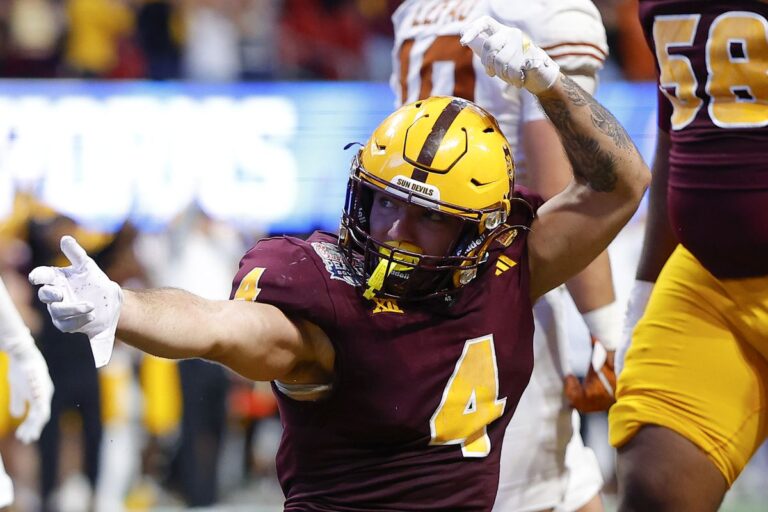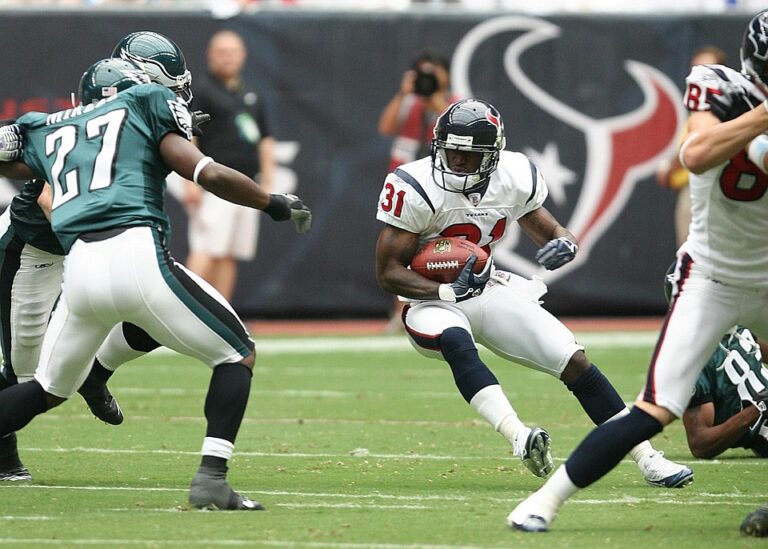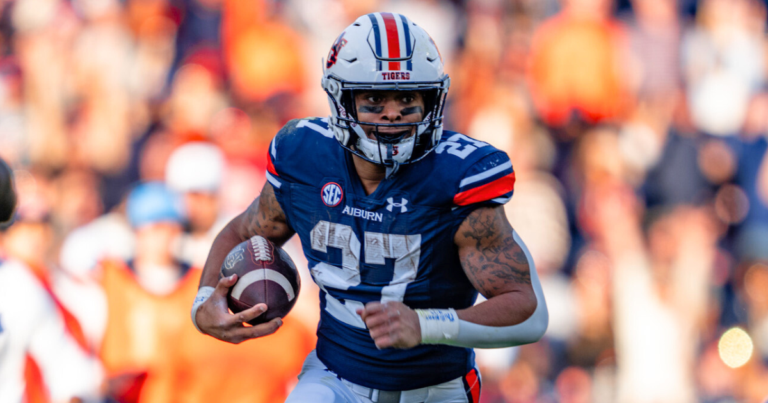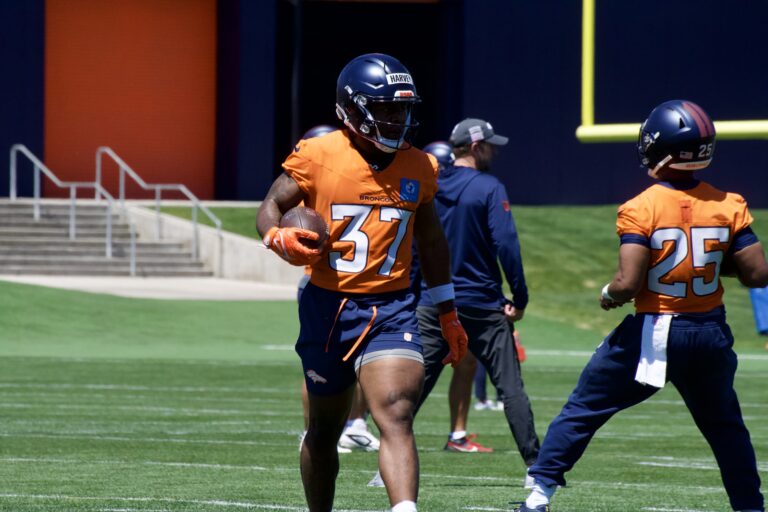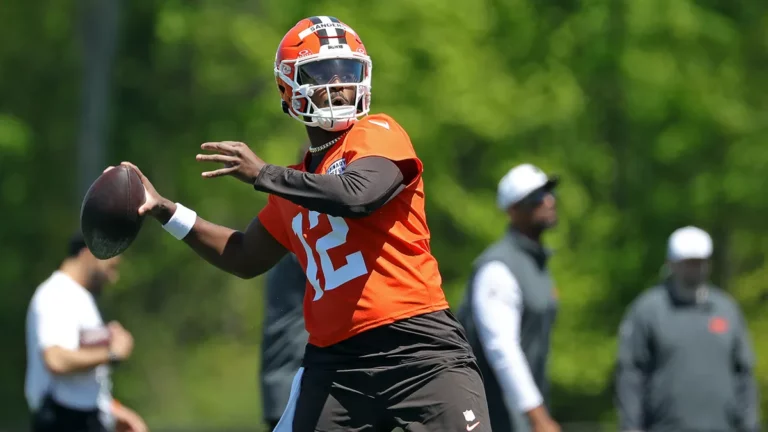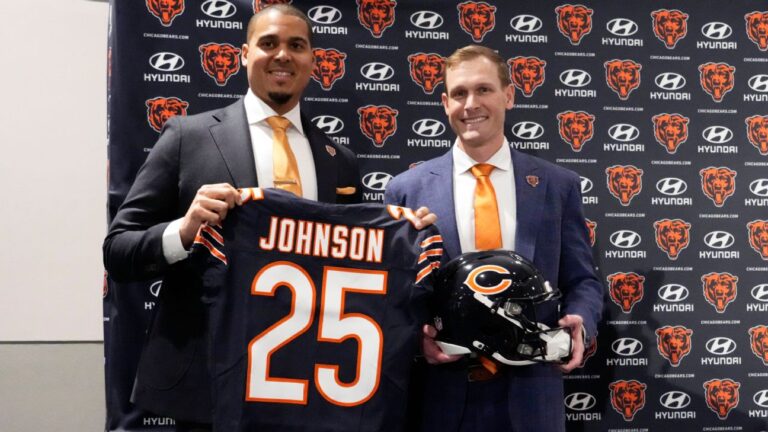The NFL is more than just a sport. It represents power, money, and influence in American society. The league generates billions every year, shaping culture and politics. But the NFL isn’t fair for everyone. Like services such as BetLabel, which enhances access to gaming, football needs to include more people and address inequality. Let’s look at how the NFL affects workers, players, and communities.
Who Benefits From NFL Profits?
The NFL makes billions, but most of this money goes to team owners and executives. Stadium workers, security staff, and cleaners earn low wages, despite keeping games running smoothly. Players, especially rookies or practice squad members, also face financial struggles. Only top athletes earn millions, leaving many others behind. The league mirrors wider economic inequality, where a few benefit the most.
Stadiums Built With Public Money
Many NFL stadiums are paid for with taxpayer money. Cities promise jobs and economic growth in return, but the benefits rarely reach local communities. Instead, team owners profit, while taxpayers are left with the bill. This system funnels public money into private hands, ignoring the needs of schools, hospitals, or public services. Cities should demand fairer deals when funding stadiums.
Gender Inequality in Football
Women play key roles in the NFL, from cheerleaders to executives. However, they are often underpaid and undervalued. Cheerleaders earn far less than players and face strict appearance rules. Female coaches and leaders remain rare, showing the league’s slow progress toward equality. Promoting fair pay and opportunities for women is essential.
The NFL’s Environmental Impact
NFL games have a big environmental footprint. Stadiums use large amounts of energy, and fan travel increases pollution. Some teams have started using solar power or reducing waste, but more action is needed. The NFL has the resources to lead on sustainability. Greener practices would benefit fans, communities, and the planet.
Fans Deserve a Voice
Fans are vital to the NFL’s success, but they have little say in how teams operate. Ticket prices, merchandise costs, and stadium decisions are made without their input. A model like the Green Bay Packers, where fans own shares, could give people more power. This approach would make the league fairer and more accountable.
Supporting Local Communities
NFL teams often fail to give back to the cities they represent. Public funds support teams, but local communities see few benefits. Programs that invest in youth sports, public transport, or local businesses could create lasting change. Teams should focus on building stronger connections with the areas they call home.
Fair Pay for All Workers
NFL games rely on thousands of workers, from security guards to cleaners. Many of these workers earn low wages, despite the league’s billion-dollar profits. Fair pay for these jobs would recognize their contributions and help reduce inequality. Teams should ensure that everyone involved in making games happen is paid a living wage.
Protecting Retired Players
Many former NFL players face financial struggles and health problems after leaving the game. Injuries sustained during their careers often lead to high medical bills and limited work opportunities. The league should provide better long-term support for retired players, including healthcare and pension programs. These players gave their best years to the sport and deserve more care.
Reducing Ticket Prices for Fans
Ticket prices for NFL games are often too high for average families. This makes live games accessible only to wealthier fans. Reducing ticket costs would allow more people to enjoy the sport in person. Teams could also offer discounts for low-income families, ensuring the game remains a shared experience for all.
Investing in Youth Sports Programs
NFL teams have the resources to support youth sports in their communities. These programs give children a chance to play, stay healthy, and learn teamwork. Investing in local programs also builds stronger ties between teams and their cities. This approach helps create opportunities for young athletes, especially in underfunded neighborhoods.
Addressing Climate Change in Sports
The NFL can take stronger action to reduce its environmental impact. Teams could use renewable energy in their stadiums, reduce waste, and promote public transport for fans. By prioritizing sustainability, the league can lead by example and show how large organizations can fight climate change. These efforts benefit not only the league but the planet as a whole.
Conclusion
The NFL shows both the power and problems of modern sports. From economic inequality to environmental challenges, the league has much to improve. By addressing these issues, the NFL can create a fairer, more inclusive system. Fans, players, and communities must push for changes that make football better for everyone.
